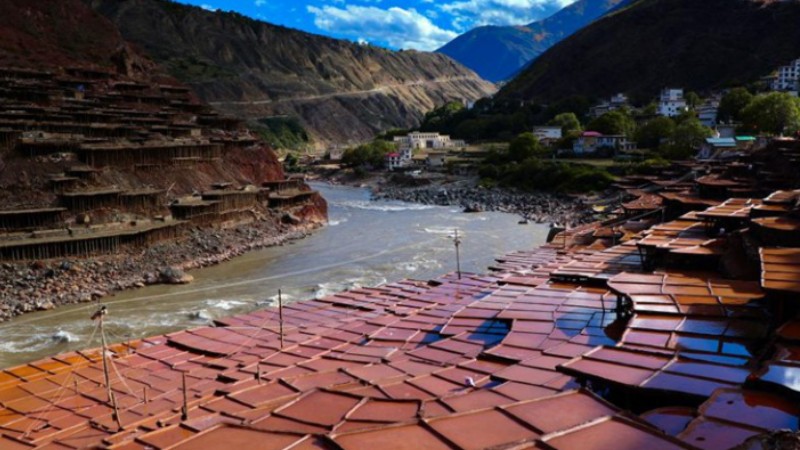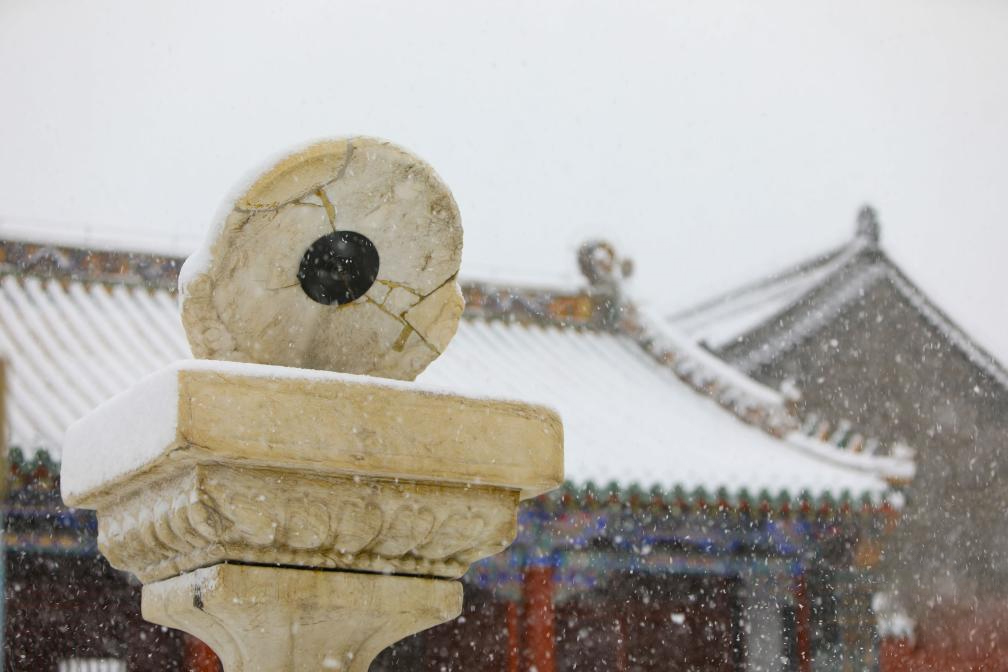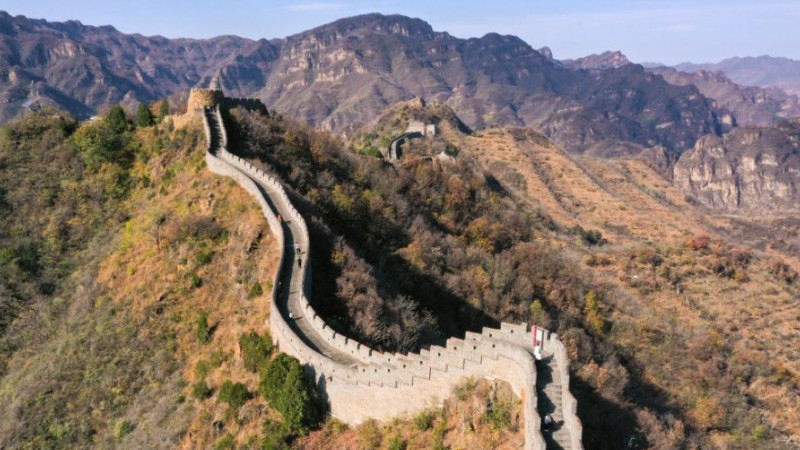Former Iraqi president calls for peace and stability
After witnessing years of war, internal strife and terrorism in Iraq, Barham Salih, the former Iraqi president, today aspires for peace and stability in the whole of the Middle East. He called for an end to the ongoing Palestine-Israel conflict and praised China's stance on the Palestinian situation.
Salih, who was president of Iraq from October 2018 to October 2022, made the remarks in an exclusive interview with China Daily.
Speaking about the current situation in Palestine, the former president said the mindless violence and brutal conflict must stop. Targeting civilians and infrastructure was unacceptable, constituting a gross violation of international humanitarian laws, he said.
"We are heartened by China's position advocating the end of this war, and China's stance at the United Nations Security Council is commendable," Salih said.
He stressed the importance of China's consultations with the Arab world and partners in the international community.
Stating that the situation is extremely dangerous and could escalate further, Salih called on the international community to work together to stop the conflict and prevent further escalation, as that could be devastating for the entire Middle East and wider global security.
Salih hailed the development of Iraq-China ties in recent years, saying that cooperation between the two countries reached an unprecedented level last year, with bilateral trade amounting to $53 billion. China has become a major trading partner for Iraq, and Iraq is the third-largest supplier of crude oil to China, he said.
Salih, who has held several senior positions in the Iraqi government, including deputy prime minister for economic affairs, minister of planning and head of the economic committee, knows how important it is for the Iraqi people to improve economic conditions.
"Now we are prioritizing economic reconstruction and regeneration, reforming our economy in a structural way so that we can deal with the many challenges that we have, including alleviating poverty, providing services and jobs for our young people, and also dealing with the environmental challenges that our country is afflicted with," he said.
"Iraq needs infrastructure. China is a partner, and we look forward to working together on this matter," he added.
In 2015, China and Iraq signed a cooperation document on joint construction of the Belt and Road. Noting that the China-proposed Belt and Road Initiative is very significant, Salih said that Chinese companies have already begun participating in Iraq's economic reconstruction by operating oilfields and building schools.
He spoke highly of the Global Development Initiative, the Global Security Initiative and the Global Civilization Initiative, all proposed by President Xi Jinping, and said that "the values inherent in these initiatives are important and consequential to all of us in the world".
"Both Iraq and the Arab world, the Middle East in general, are very much engaged with these initiatives," he said. "Sustainable development and integrated economies are crucial when based on inclusiveness, balance and creating opportunities for different parts of the world."
He emphasized that despite the many conflicts around the world, all human societies want the same thing — security, peace, human rights, jobs and sustainable development.
"This cannot be done based on a zero-sum game. It has to be a win-win situation. Ideologies cannot divide us on this matter. Your prosperity and mine are interlinked. You cannot imagine a prosperous, secure world where one region is doing well and others are not."
Salih said that Chinese engagement with the world is characterized by respecting diversity of cultures and history, patience and pragmatism in seeking practical solutions to problems.
Practical cooperation between China and Arab countries has been deepening steadily with promising prospects, he said, adding that as members of developing countries, they should shoulder the important responsibility of working together to promote world peace and development.
The implementation of the Riyadh Declaration of the first China-Arab States Summit is important to explore modernization paths that are in line with the national priorities of both sides, uphold multilateralism, oppose ideological confrontation, break away from the old path of geopolitical conflicts, and advocate harmonious coexistence and commitment to common security, he said.
During the interview, Salih expressed his appreciation for the modernization drive China is pursuing for national rejuvenation, saying that modernization in China is truly important and inspiring.
"I have been watching closely what is happening in China over the years. China is emerging as a major economic powerhouse in the region, and in the world as a whole. And for many countries in the developing world, including Iraq, this is truly, truly inspiring. We can do it. And we can learn a lot from that experience that you have had," he said.
Photos
Related Stories
- China ready to play its role in realizing Palestinian-Israeli peace: Foreign Ministry
- Iraqi Shiite militia claims responsibility for attacks on U.S. bases in Syria, Iraq
- US in awkward position as divisions grow with Israel and allies
- 3 booby-trapped drones hit U.S.-led coalition base in N. Iraq
- Chad recalls charge d'affaires to Israel over humanitarian crisis in Gaza
- China to do utmost for Palestine-Israel ceasefire: FM spokesperson
Copyright © 2023 People's Daily Online. All Rights Reserved.









